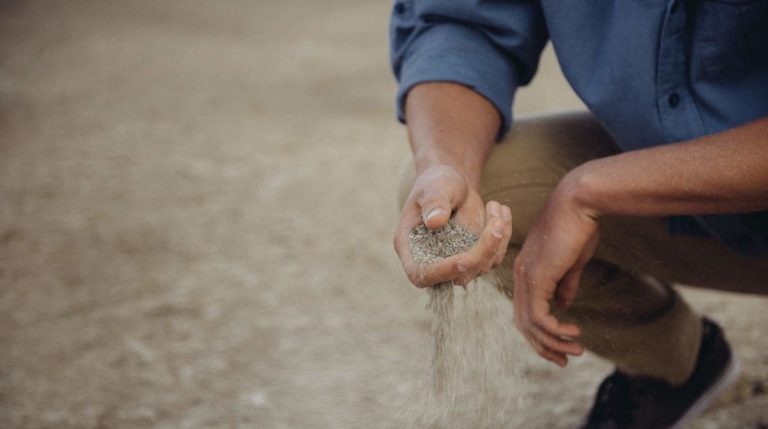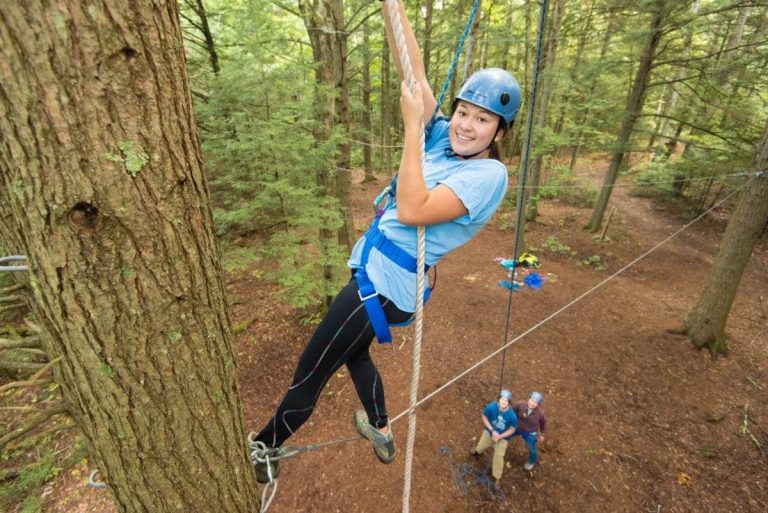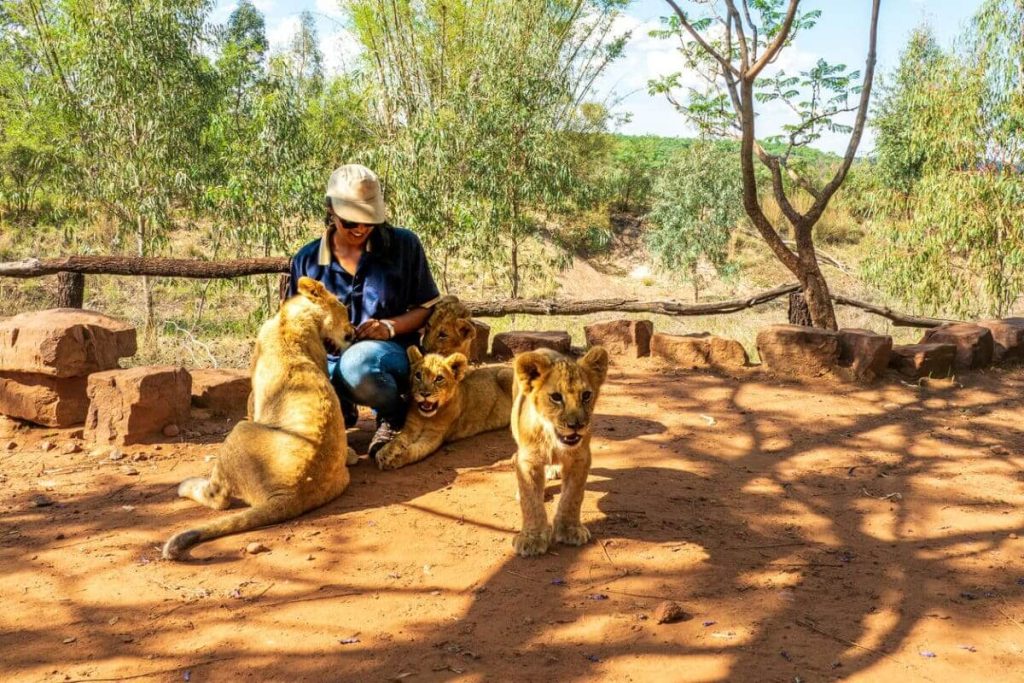
Many magnificent animals across the world have been pushed to the brink of extinction due to poaching. With the right knowledge and skills, you can learn how to stop poaching in the U.S. and abroad.
Poaching might seem like a far-off problem, but it’s part of a greater relationship with our environment and our society. The survival of many keystone species depends on stopping and preventing the spread of large-scale poaching. In this post, we will answer the questions of what is wildlife poaching, what is being done to stop poaching already, and what more can be done.
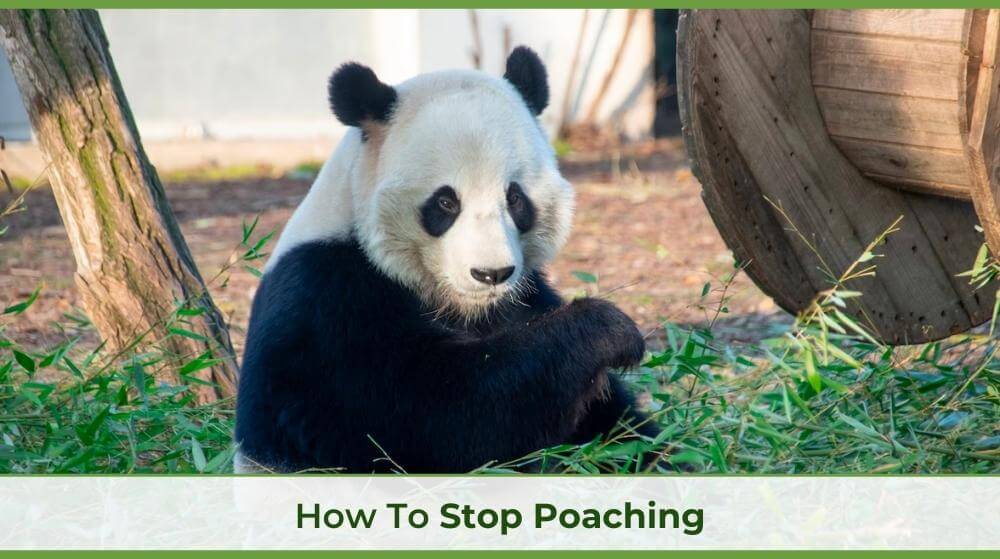
Enforce and influence policies that protect wildlife with a degree in conservation law enforcement.
What Is Poaching?
Poaching involves the criminal hunting and trade of animals or their body parts. The answer to the question “Why do people poach?” ranges from protecting livestock to collecting trophies. However, despite the reason, poaching is illegal. It is a major problem in much of the world due to the lucrative underground trade of exotic animals and animal parts. Poaching is a systemic problem that several groups must come together to stop including:
- Wildlife conservationists
- Legislators
- Law enforcement officers & conservation law enforcement officers
- Hunters
- Consumers
Why Is Poaching Bad?
Humans have a storied history of nearly poaching many species to extinction, including the American beaver in the 1830s and the African elephant in modern times. Black Rhinos are critically endangered due to the high demand for their horns, and without intervention, they may become extinct as well. The loss of these species is often detrimental to the health of the ecosystem.
How does poaching affect humans? It affects humans as much as it affects the environment we live in. Wildlife loss can lead to economic and social impacts, from the loss of tourism revenue to gaps in our natural heritage. It is vital to protect trafficked animals and educate the public about our connection to wildlife.
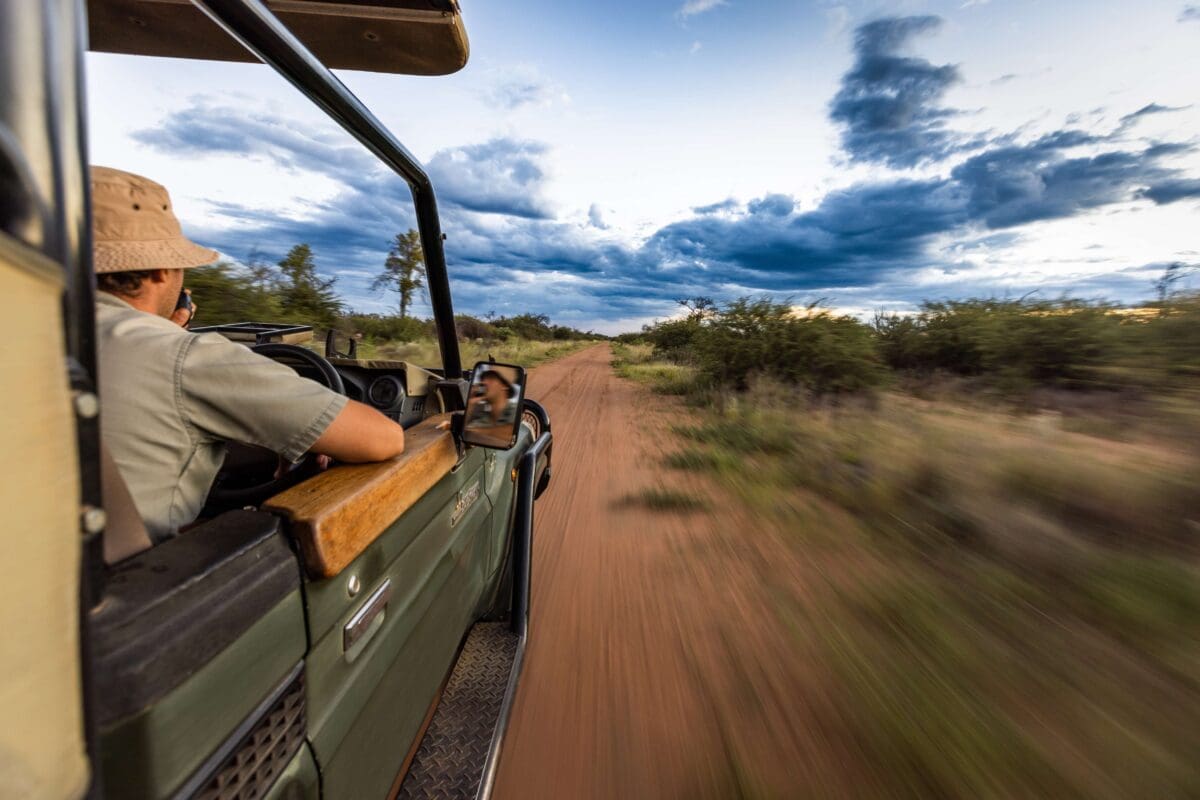
9 Solutions To Poaching
Poaching causes unnecessary harm to animals. A compassionate person might ask themselves: What are ways to stop poaching? Are there solutions to the effects of poaching? Are there careers in poaching prevention? Below, we highlight nine different strategies to stop poaching using a range of approaches, including:
- Legislation
- Technology
- Community involvement
Raise Awareness
Many Americans think of poaching as a faraway problem that does not affect them. However, poaching occurs in the U.S. every year. People illegally kill fish, wolves, black bears, and bighorn sheep. Even killing deer in an area where hunting is not allowed or a permit is needed is considered poaching.
Following hunting laws keeps all people and animals safe and ecosystems in balance. Anyone can raise awareness about poaching in the U.S. by talking about it with friends, family, and neighbors. You can also post about the poaching of wildlife on social media and include suggestions on what people can do to help.
Strengthen Legislation and Law Enforcement
Strategic use of legislation and law enforcement can dramatically reduce poaching operations in some areas. Here are some examples:
- Stricter laws around the sale and trade of animal products
- Stricter laws around buying and selling exotic pets
- More wildlife conservation officers and/or game wardens to patrol backcountry areas
Support Local Communities
Due to our ever-expanding drain on natural resources, human populations all over the world are expanding further into wild territories. This expansion creates opportunities for poaching as access increases to previously remote natural spaces. Local communities need support to develop practices that help people and wildlife thrive together.
In rural communities where poaching occurs, people should be offered other economic opportunities that could remove their motivation to engage in poaching. For farmers and ranchers, government-subsidized programs to protect livestock could reduce the illegal killing of predatory wildlife.
Over 100 years ago, Charles Young, the superintendent of Sequoia National Park worked with the local community to reduce animal trafficking in the park. Visit Unity’s blog to learn more about his legacy and the contributions of other black conservationists in the U.S.
Promote Responsible Tourism
You have likely heard the story about the prominent CEO who used his soaring profits to go on African safaris to hunt rhinos, elephants, lynx, and zebras. Pictures of his trips blew up online and gave the executive heat. However, he was only able to go on these illegal hunting trips due to a lucrative tourism business built on the bones of protected animals.
Pressures to adapt to modern ethics have led to an increase in the popularity of ecotourism. Ecotourists can feel like they are more a part of the area they are visiting or at least hurting it less.
Enhance Conservation Efforts
Ecotourism brings in money from afar to invest in local communities and entrepreneurial conservation efforts. However, strengthening conservation efforts takes a concerted effort from many stakeholders:
- Governments
- NGOs
- Private landowners
- Sanctuaries/reserves
Conversation efforts often include tracking wildlife to monitor populations and rehabilitating injured animals. However, there is plenty of room for new creative solutions in the conservation space, especially using modern technology such as Geographic Information Systems (GIS).
Strengthen Border Control and Customs
Sometimes, illegally acquired animals or animal parts get brought to the U.S. from other countries. Focusing border control efforts on locating poached animals may stop them before they can enter the country. As a citizen, you can advocate for border control and customs departments to increase their efforts in stopping animal poachers.
Become a wildlife conservation officer to ensure people follow the law when traveling with animals.
Disrupt The Supply Chain
By outlawing the sale of products related to the underground animal trade, buyers will be less likely to seek out these products. By disrupting demand, the businesses that thrived on poaching will go out of business. Start small by only buying ethically-sourced animal products. Go big by pursuing a degree in wildlife conservation to help boost a career in conservation, whether you want to work in the public or private sector.
Foster International Cooperation
Ecosystems do not know borders. Protecting them requires cooperation between countries. Other countries must also criminalize the sale, shipping, trade, or hunting of endangered animals to prevent and reduce poaching. It takes a global effort to protect our natural resources.
Furthermore, our efforts to foster international cooperation to stop animal trafficking should be culturally-sensitive. Often, demand for exotic animals or animal parts can come from international communities who believe the animal/part is:
- Status-affirming
- Medicinal
- Spiritual
Mobilize Public-Private Partnerships
National parks, forests, and other natural areas often do not have the budget and resources necessary to properly patrol and enforce poaching laws. Private businesses, contractors, and NGOs work with various government agencies to fill in the gaps as needed in environmental protection efforts. When public and private stakeholders can work together with a strong delegation system in place, these partnerships can be effective ways to stop poaching. Consider a master’s degree in wildlife conservation if you want to work as a director or manager of an NGO.
Learn How To Stop Poaching In A Unity Environmental University Program
Poaching is any illegal hunting, trapping, or trading of animals. Why is poaching a problem? It’s detrimental to ecosystems and has led to the extinction of many animal species around the world. How to prevent poaching for good involves educating the public and increasing legislation to protect wildlife and prosecute poachers. No matter which path you choose, a career dedicated to how to stop poaching will be rewarding.
Begin your career against poaching with a Bachelor of Science in Conservation Law Enforcement. This hybrid online/in-person degree will prepare you for being a park ranger or fish and game warden. You will gain real-world skills to catch poachers and help poached wild animals through fieldwork during the program. 96% of Unity’s Conservation Law Enforcement students who responded to the Senior and/or Alumni Survey were employed in their area of study within six months after graduation!
